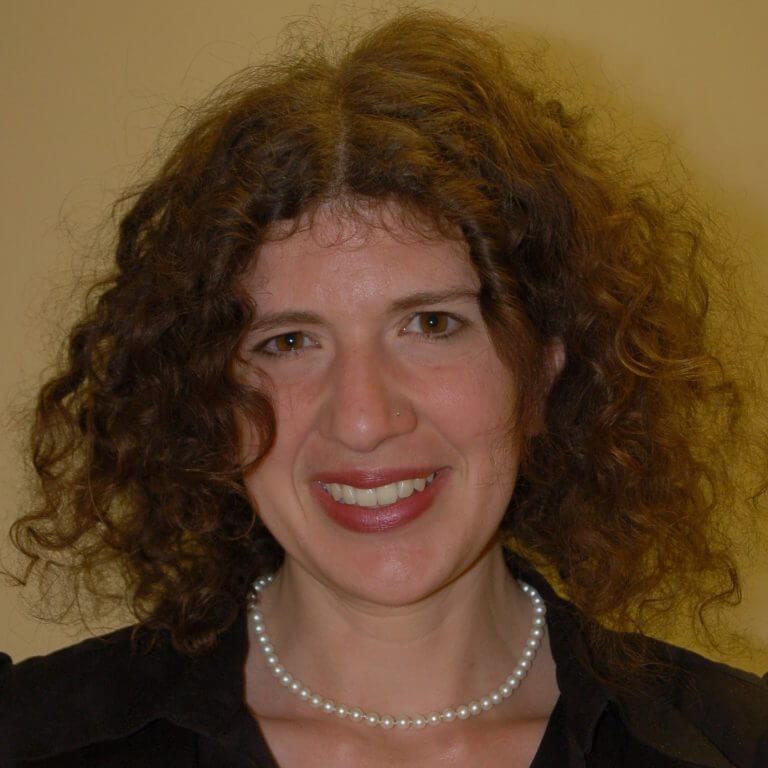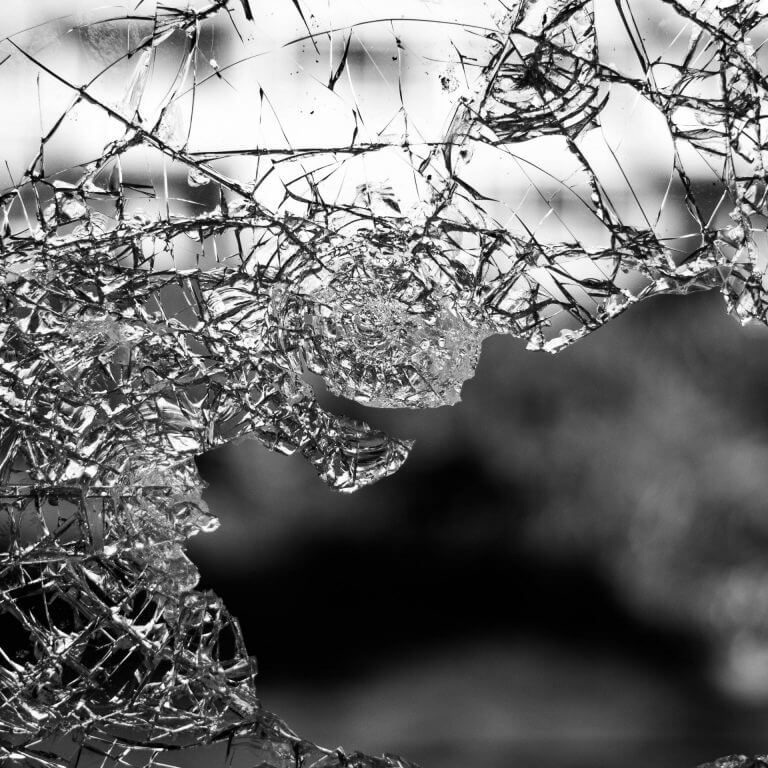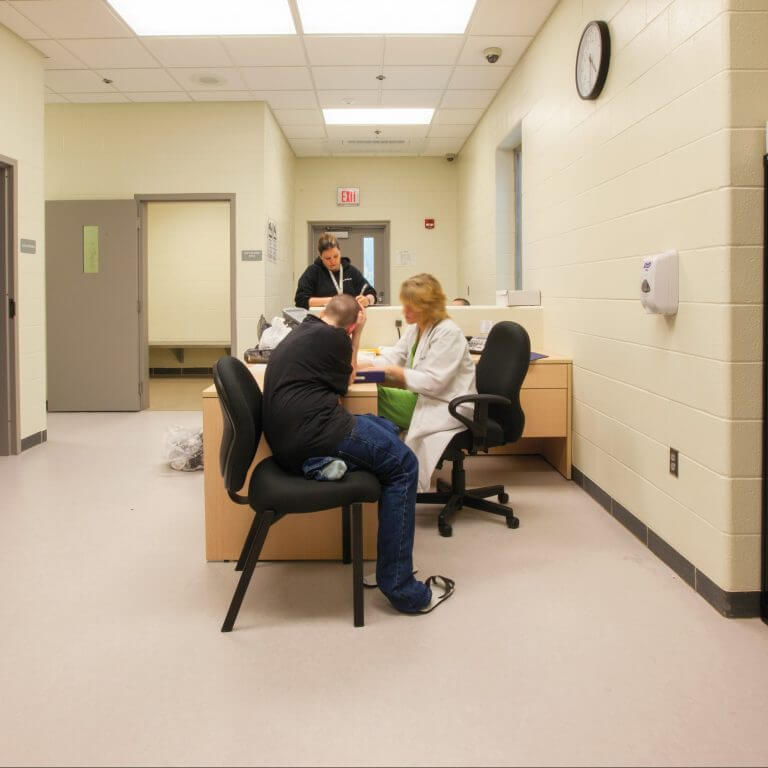Now accepting applications from individuals interested in a 2025-2027 Emerging Leader Fellowhips. Learn more and apply here.
The Challenge
The current societal response to crime, particularly violent crime, depends almost completely on incarceration, a response which is both expensive and ineffective. Moreover, in this model, the needs of victims go largely unaddressed. Victims of violence who do not receive support following their own traumatic experience are often more likely to perpetrate violence themselves.
The Project
Through her Stoneleigh Fellowship, Danielle Sered developed and launched Common Justice, a participatory justice model that advances solutions to violence without relying on incarceration. Participatory justice promotes healing and accountability and facilitates the recovery of individuals and communities. Responsible parties— or “offenders”—have the opportunity to see and understand the consequences of their actions and, to the extent possible, repair this harm. They are also given a voice to express their experience of the harmful act. The wider community—including family, friends, teachers, clergy, mentors, and local leaders—are engaged in the process as a support network for both the responsible parties and those who are harmed.
Common Justice has received national recognition as a restorative and participatory justice model and has been recognized with numerous awards, including the Award for Innovation in Victim Services from Attorney General Eric Holder and the federal Office for Victims of Crime in 2012.



